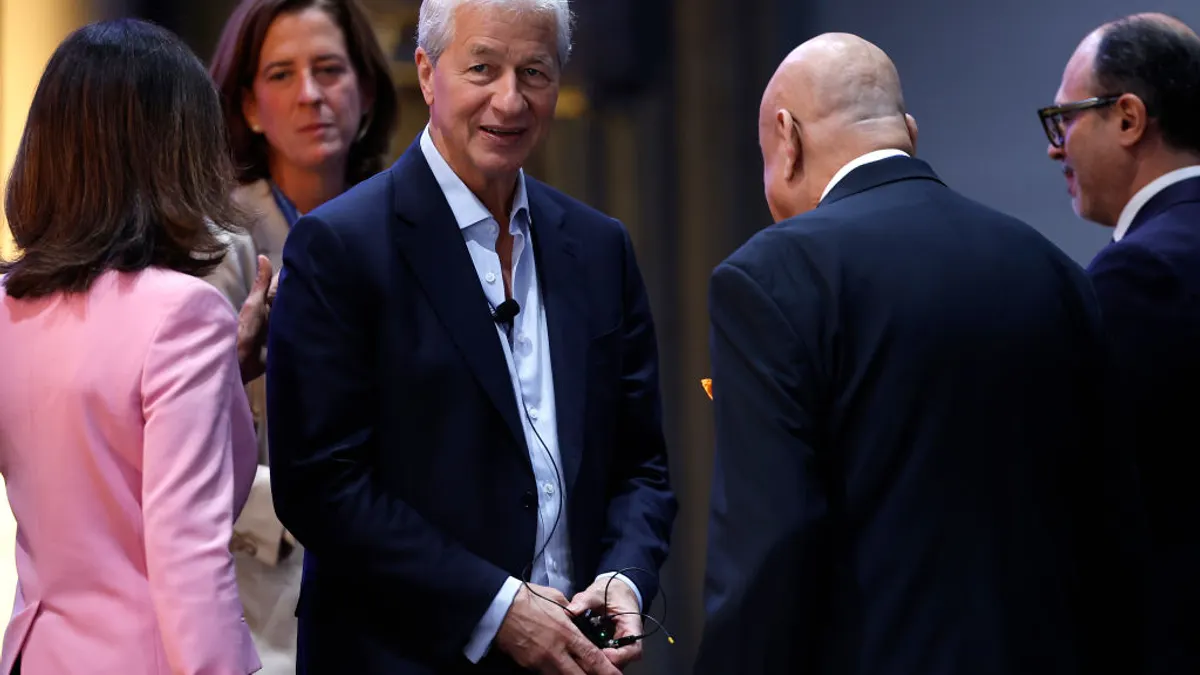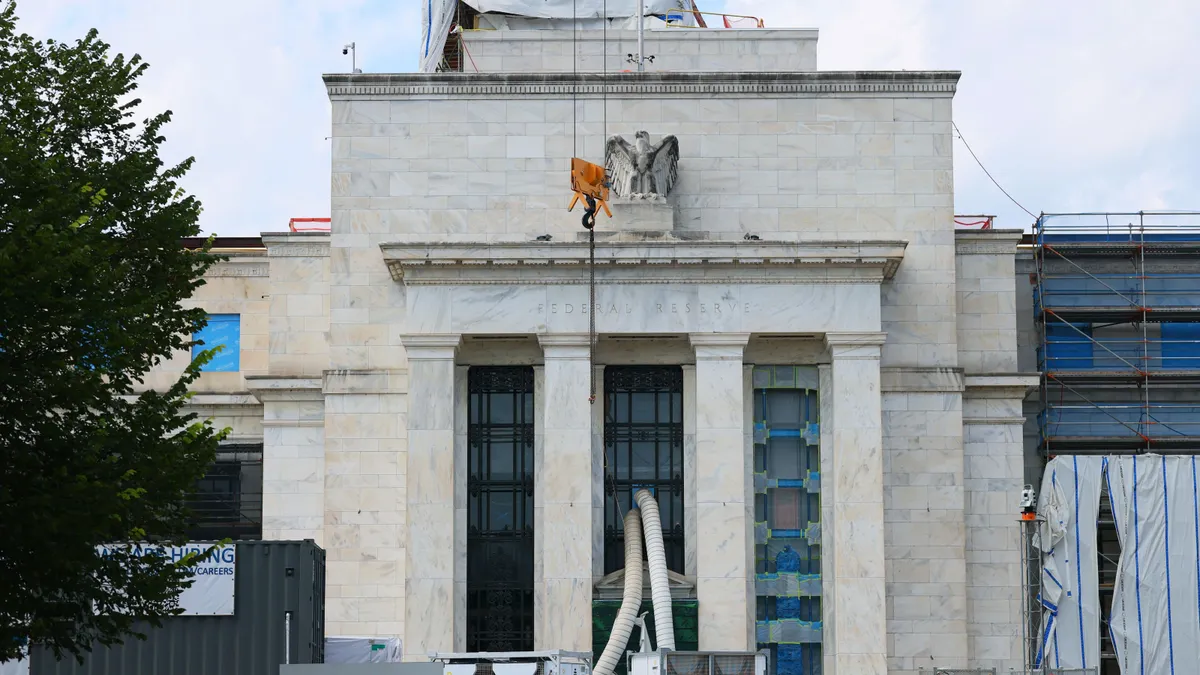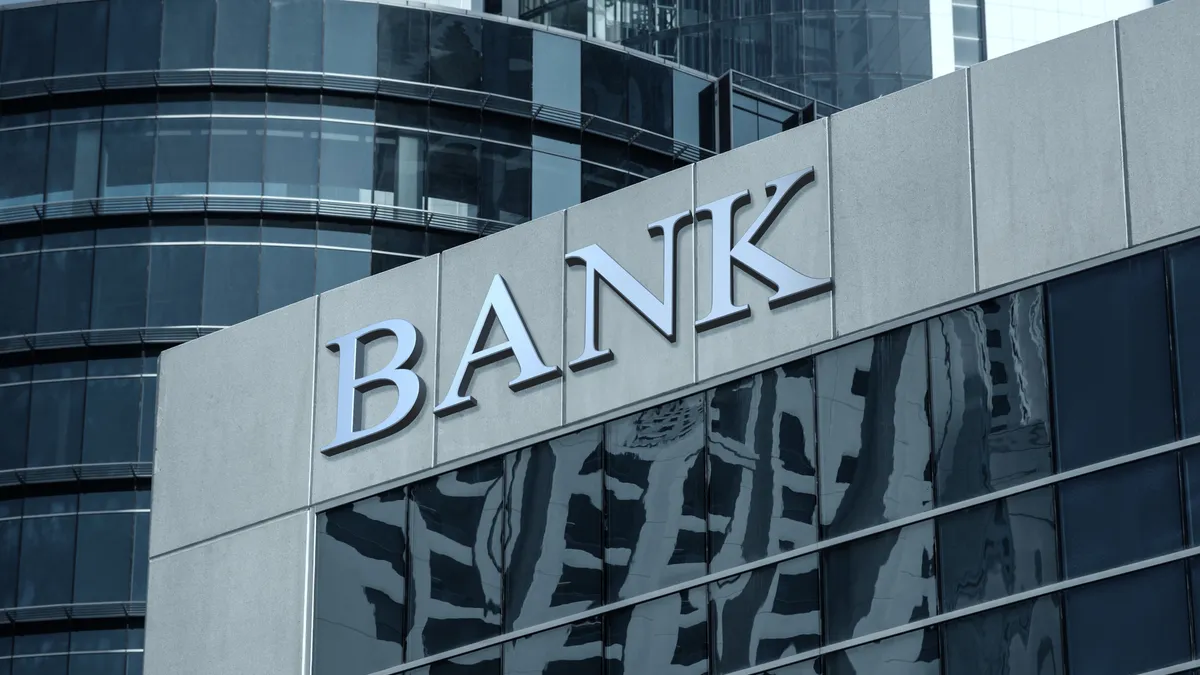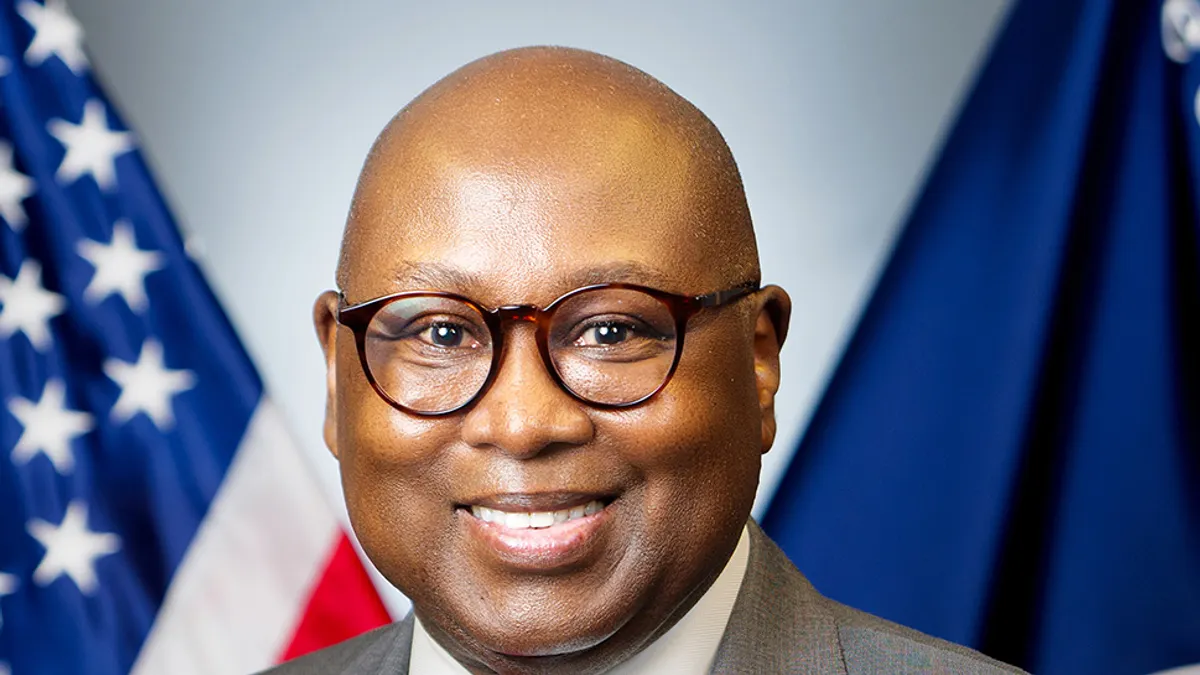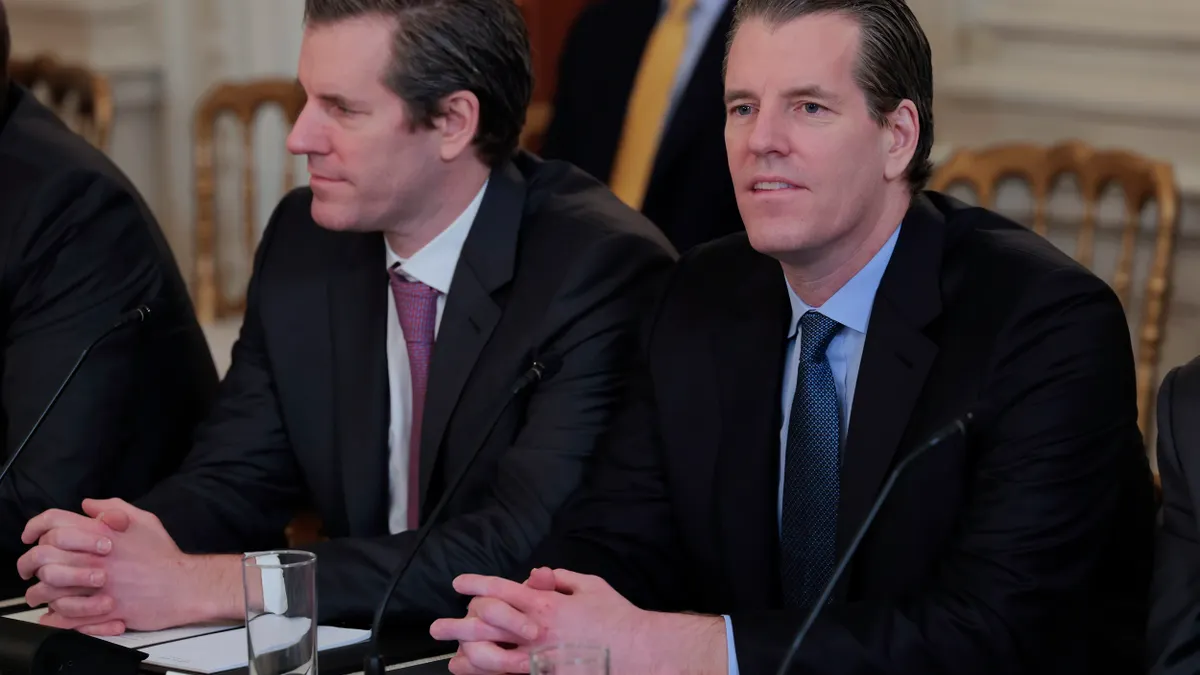JPMorgan CEO Jamie Dimon struck a cautiously optimistic tone on bank regulatory revisions Monday during the company’s investor day, predicting adjustments to bank supervision and noting incoming agency heads are united in their intention to effect change.
President Donald Trump’s nominees to lead financial regulatory agencies “have all made it clear to you that they want to fix some of the things they think are broken. I think they’ll accomplish some of that,” said Dimon, who’s led the New York City-based bank for nearly two decades. Some efforts may take longer than others, but the desire is there, he added.
Since the 2007-08 financial crisis, regulators have gone overboard with overlapping rules and regulations, and that’s resulted in the “huge arbitrage taking place today” as so much payment, mortgage and private credit activity has moved outside the regulated banking system, Dimon lamented.
A host of inconsistencies across the regulatory landscape “drives business out of the banking system, creates arbitrage opportunity, creates additional risk,” Dimon asserted.
It’s a frequent point of criticism for Dimon: Last year, he said constant rules and regulations “are damaging America,” and it was “time to fight back,” referring to the regulatory environment for banks as “an onslaught.”
As usual, the CEO of the country’s largest bank didn’t mince words Monday when it came to his views on the more recent bank regulatory approach. Over the last 15 years, regulators “went so far beyond what was reasonable, that they should be embarrassed,” the CEO said. Regulators, Dimon contended, are “stuck in some academic world,” rather than the real world, and “a lot of them” should be fired.
CFO Jeremy Barnum on Monday said duplicative regulations related to capital and liquidity have increased and rising rule complexity is becoming its own risk. He encouraged regulators to review the last decade’s worth of rules and determine what makes sense moving forward.
The company has about $60 billion in excess capital, after building up its common equity tier 1 ratio to accommodate the 2023 proposal to boost capital requirements to align with the Basel III endgame; the fate of that proposal by U.S. regulators has been uncertain, given the political shift post-election.
Many capital-related calculations “are completely asinine,” Dimon said.
“I think we could make the system far safer, more fail-safe, give clients better options, lower mortgages, lower costs, etc. We have had no real conversations with regulators for a decade over that,” Dimon said. “They should take a step back, think about what they did, why they did it, how the interface plays.”
Dimon said he expects supervisory changes under Trump administration regulators, alluding to some change that’s already occurred, and he called out regulatory duplication and actions that surpassed lawmakers’ intentions.
“I think you’re going to see a lot of changes in supervision,” Dimon said, adding he supports a proposal that would give financial institutions the ability to publicly and legally dispute supervisory activity. The Office of the Comptroller of the Currency and the Federal Deposit Insurance Corp. have each said in recent months they’ll stop examining for reputational risk.
For his part, Dimon’s regulatory prescriptions would include limiting “interest rate exposure more, I would limit [held-to-maturity] more, I would make sure the deposits are spread out a certain way.” He also wants to see the discount window lending at the Federal Reserve and Federal Home Loan Banks be “usable.”
With the cryptocurrency outlook far more favorable under the Trump administration, Dimon said he’s “not a fan” but the bank will let customers buy it.
“When I look at the bitcoin universe – the leverage in the system, the misuse of the system, the [anti-money laundering], the [Bank Secrecy Act], the [know your customer], the sex trafficking, the terrorism – I am not a fan of it,” Dimon said. “We are going to allow you to buy it. And we’re not going to custody it. We’re going to put it on statements for clients.”
“I don’t think you should smoke, but I defend your right to smoke. I defend your right to buy bitcoin, go at it,” he continued. “Nor do I think it matters that much, to tell you the truth.”
Blockchain technology will “probably be deployed eventually in anything we do where blockchain is an appropriate technology to use,” he said, adding dismissively that it’s a topic that’s been discussed for more than a dozen years.
“We’ve spent too much on it, it doesn’t matter as much as you all think,” the CEO told analysts and others at the event Monday. “There will be stablecoins, central banks will look at it, it’s going to be used for a bunch of things, some might compete, some might not compete. We’re going to be fine either way. If it’s a technology we can use, we’re going to use it.”


